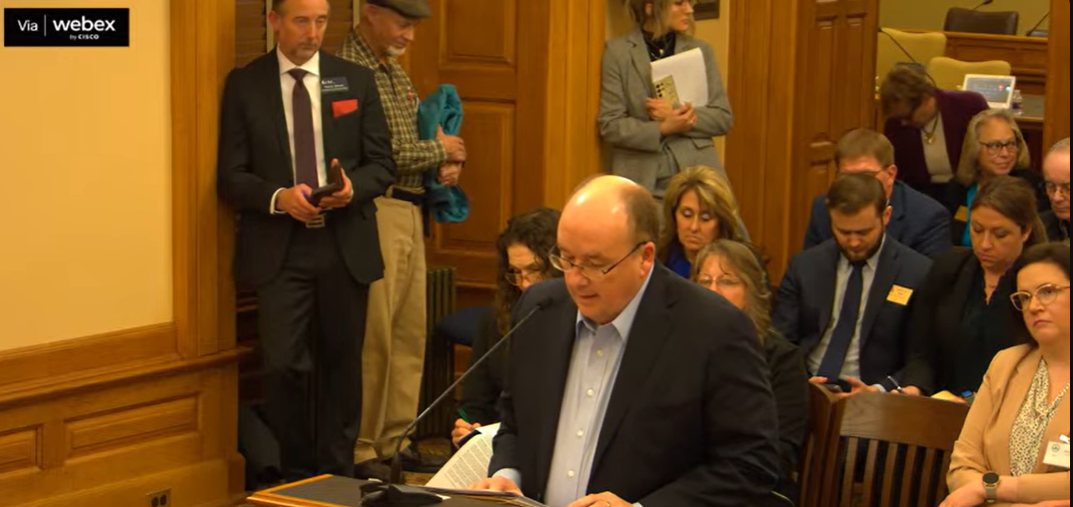What Happens When You Report to Adult Protective Services?
When you suspect abuse, neglect, or exploitation of older adults, report as soon as possible!
For older adults living at home in the community or in facilities licensed by the Kansas Department of Aging and Disability Services when the perpetrator is not a resident of or staff of the facility, report to the following:
- Adult Protective Services (APS): 1-800-922-5330
- If an emergency, call your local law enforcement agency or 911
The intent of APS is to protect the most vulnerable adults from harm while safeguarding their civil liberties. For more information, visit www.dcf.ks.gov/services/PPS/Pages/APS/AdultProtectiveServices.aspx
When someone suspects abuse, neglect, exploitation, or fiduciary abuse of a vulnerable adult, reporting to APS is a critical step in ensuring the individual’s safety and well-being. Here’s what you need to know about the reporting process and what happens after a report is made.
Reporter Immunity
Individuals who report suspected abuse or participate in follow-up activities, including testifying in administrative or judicial proceedings, are protected under the law. This means they are immune from any civil or criminal liability, provided their report is not malicious. Additionally, employers cannot penalize employees for making a report or cooperating with an investigation.
Confidentiality of the Reporter
The identity of the person who makes a report is kept strictly confidential. APS will not disclose the name of the reporter or anyone mentioned in the report without written permission from the reporter or a court order.
What Does APS Do When a Report is Received?
Once a report is submitted, APS takes the following actions to investigate and address the situation:
1. Initial Visit:
APS initiates a personal visit with the adult in question within 24 hours to five working days, depending on the risk of imminent danger to the individual.
2. Interview Process:
- The alleged perpetrator is interviewed unless this action could increase the risk to the adult.
- APS may also interview relevant individuals, such as service providers, relatives, or neighbors, to gather additional information.
3. Determination of Findings:
APS evaluates the allegations and determines whether the report is substantiated or unsubstantiated regarding abuse, neglect, exploitation, or fiduciary abuse.
4. Prevention Plan:
- APS discusses with the adult, their guardian, conservator, or caretaker the necessary actions to prevent further harm.
- A service plan is developed with the adult to address unmet needs and ensure their safety.
5. Assistance and Services:
APS helps the adult access services essential for maintaining their physical and mental health, such as:
- Legal services
- Medical care
- Safe and appropriate living arrangements
- Assistance with personal hygiene, food, clothing, or shelter
- Protection from maltreatment and transportation
Services provided are tailored to meet the adult’s needs in the least restrictive way possible.
6. Advocacy:
APS advocates for the protection of the adult’s rights and works to ensure they receive the necessary care and support.
7. Involuntary Intervention:
If the adult is incapable of protecting themselves due to a major mental or physical disability and there are no other less restrictive options, APS may initiate legal steps such as guardianship or conservatorship.
Reporting to APS is a powerful way to help protect vulnerable adults from harm. The process ensures that reports are handled sensitively, with protections in place for the reporter and a thorough investigation to address the individual’s needs. By taking action, reporters play a crucial role in safeguarding the well-being of those who cannot protect themselves.






